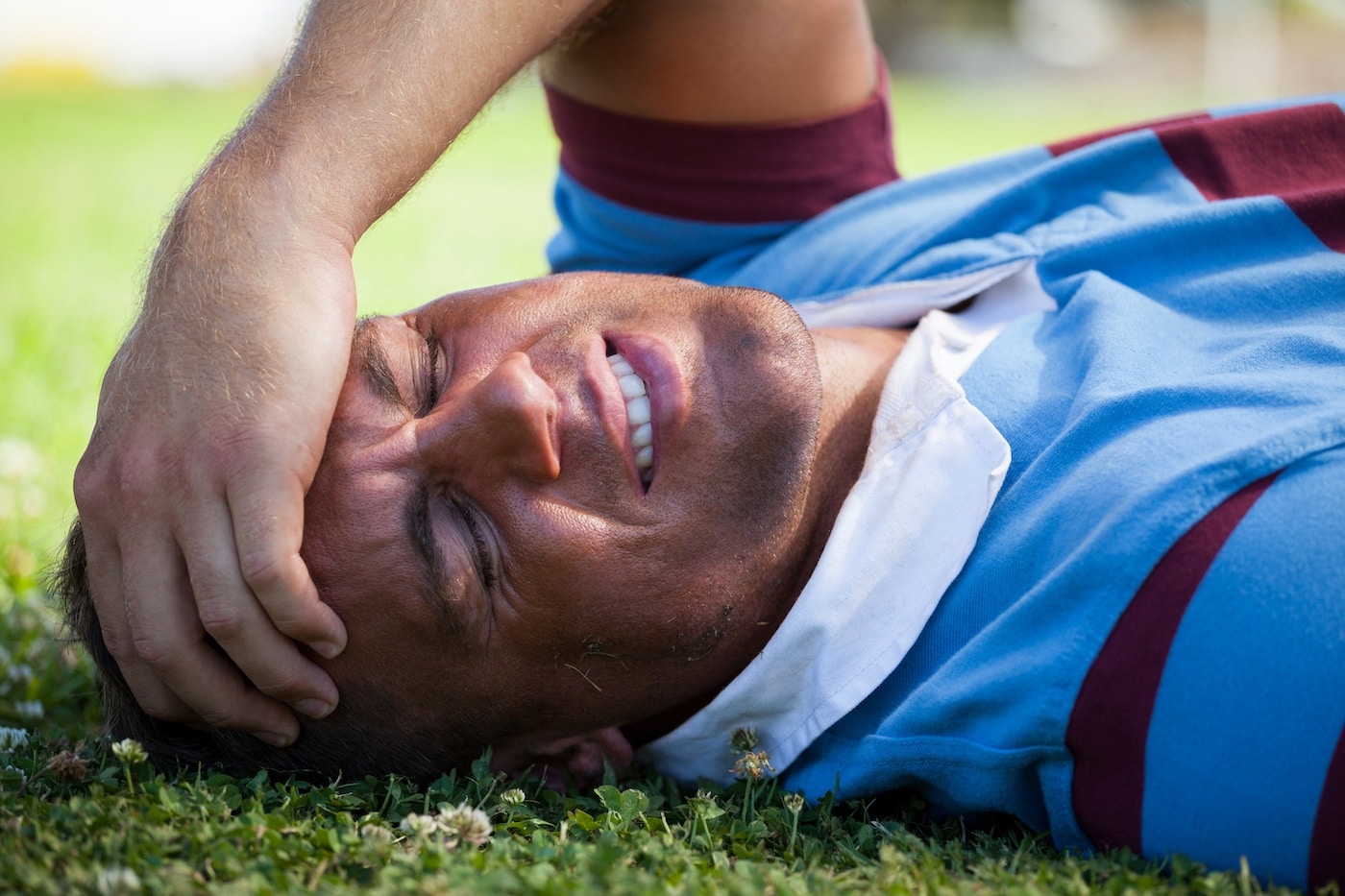Sports injuries can be devastating for athletes—both amateur and professional. Not only do they affect your physical health, but they can also have a massive impact on your mental health.
It’s important to take care of yourself after an injury so that you can recover quickly and get back to doing the activities you love.
Here are four steps for recovering from a sporting injury:
Seek Medical Expertise
If you experience any kind of pain or discomfort while exercising or playing sports, it’s best to seek medical help straight away.
A doctor or physiotherapist will be able to diagnose the severity of the injury and create a treatment plan that will help you heal as quickly as possible.
This could include taking regular breaks from exercise, taking medication, visiting specialists, wearing protective gear such as braces or splints, or even undergoing surgery if necessary.
Sort Admin and Legalities
When dealing with an injury, it’s important to make sure all your paperwork is in order. If you are signed up for a gym membership, contact them to see if you can freeze your payments until you are feeling better.
You should also notify your employer if you need time off work due to your injury—they may be able to offer support in the form of flexible working hours or reduced workloads.
Depending on the severity of your injury, you may even want to consider making a claim for brain injury compensation if applicable.
Rest and Be Patient
It’s important not to rush the recovery process when dealing with an injury. Take regular breaks from exercise and allow yourself time to rest—it could take weeks or even months before you feel back at full strength again.
Listen carefully to any advice given by doctors and make sure not to put too much pressure on yourself—remember that healing takes time and patience is key.
Prioritise Your Mental Health
Injuries can take their toll on our mental health as well as our physical health. It’s normal for injured athletes (and non-athletes!) to feel down about being unable to participate in their favourite activities—so don’t be afraid to reach out for help if needed.
Talk therapy can help with managing stress levels and anxiety around recovering from an injury, while mindfulness techniques such as yoga and meditation can help keep us grounded during difficult times.
Dealing with sports injuries isn’t easy – but it is possible. Taking care of yourself physically and mentally is key when recovering from an injury – seek medical expertise early on in order to set up a treatment plan tailored specifically for your needs; sort out admin and legalities such as freezing gym memberships and notifying employers; rest and be patient; and prioritize mental health throughout the process by talking through worries and embracing mindfulness practices like yoga and mediation where needed.
With patience and self-care we can all move through this difficult chapter together.
